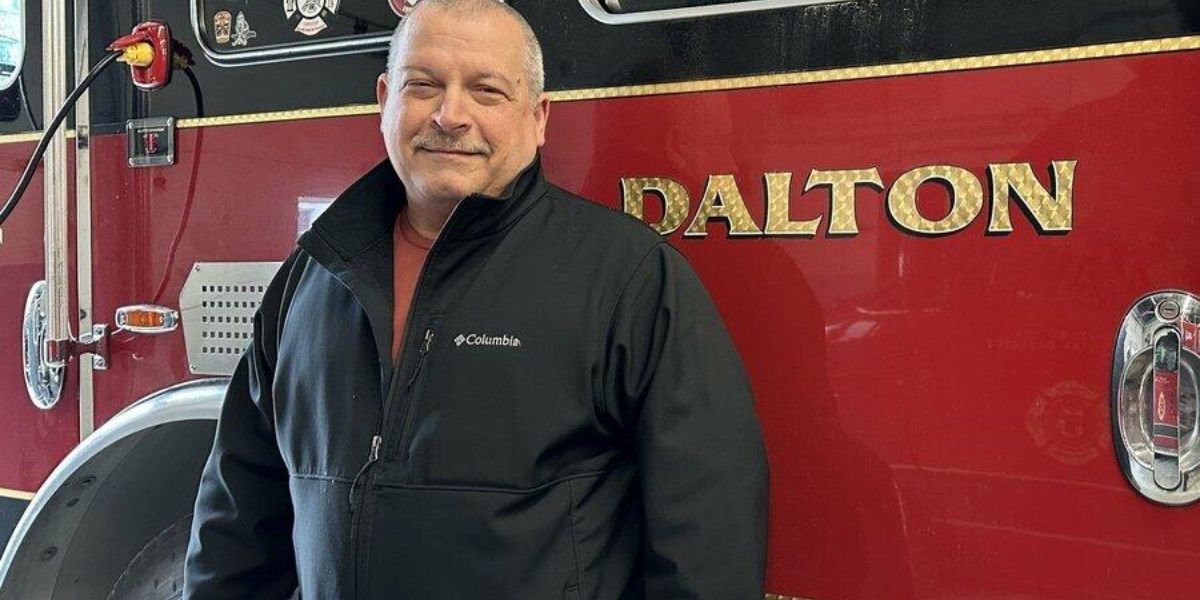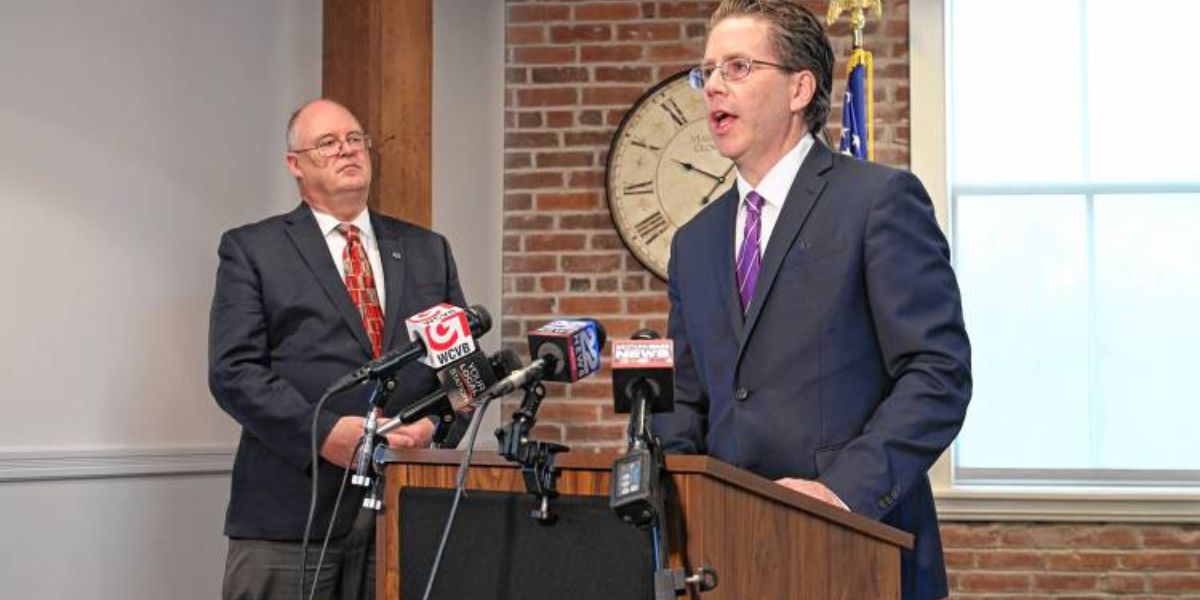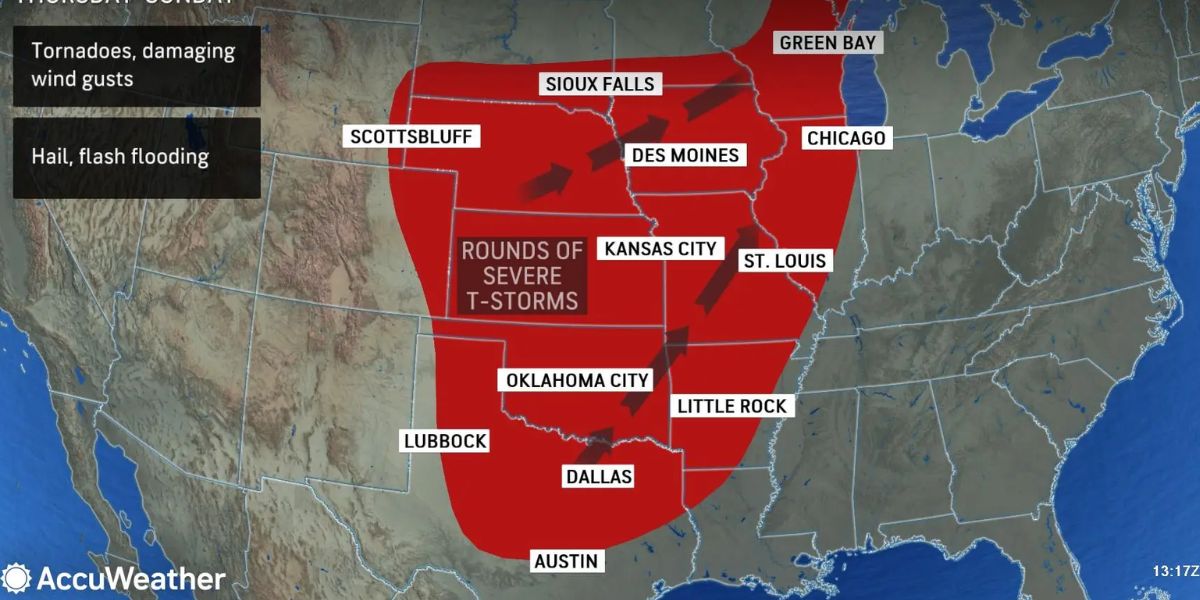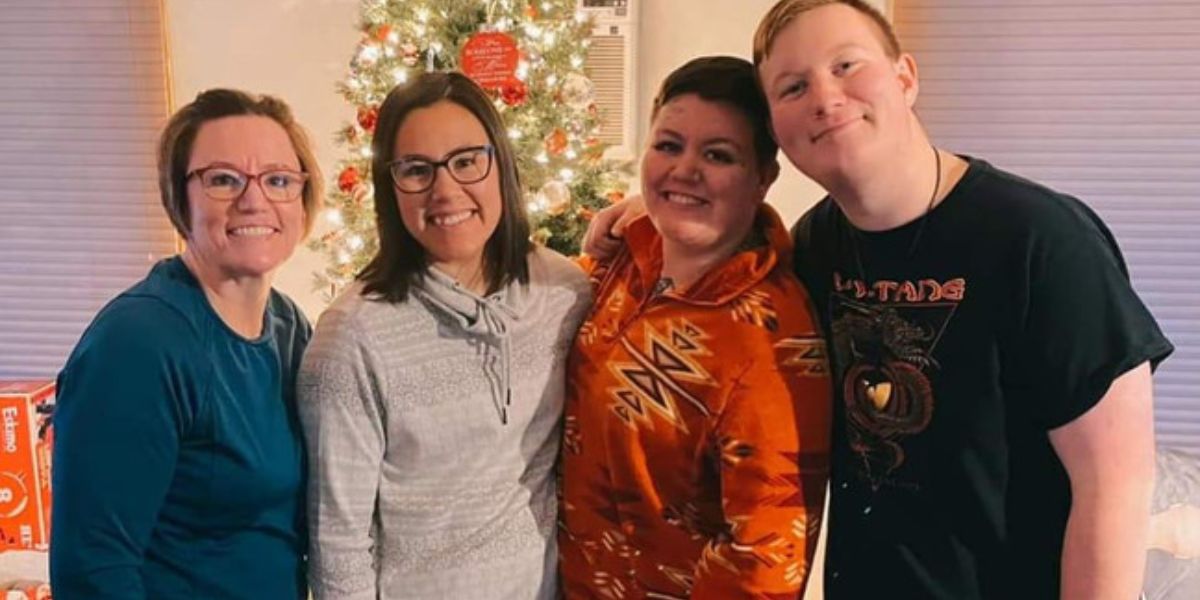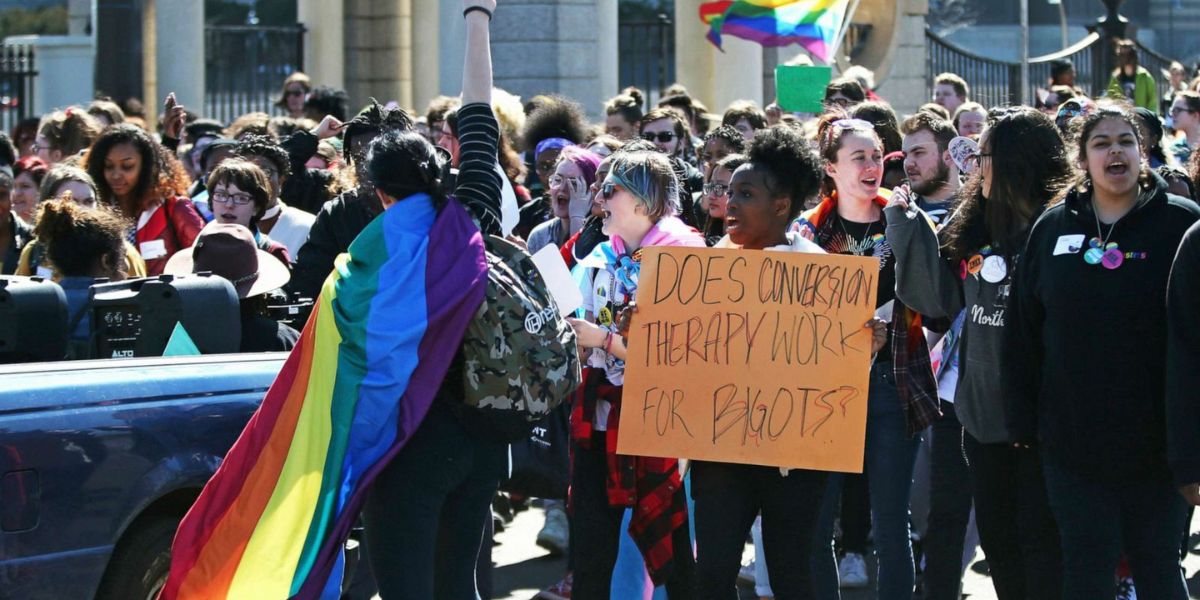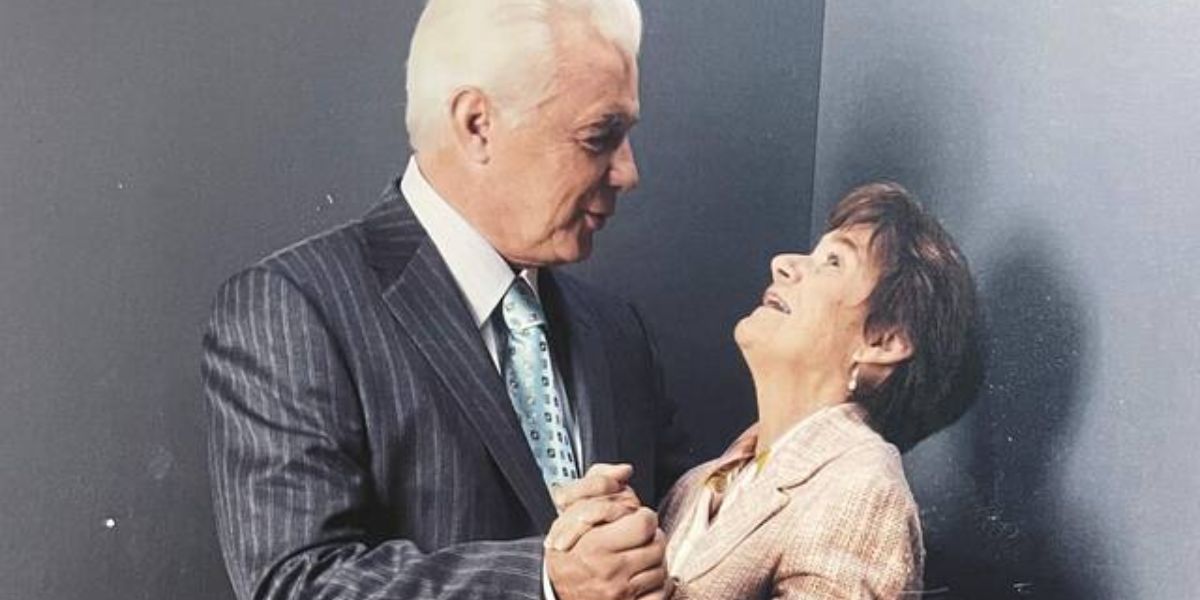A Breath of Fresh Air: Colorado Eases Covid Rules for Assisted Living
Although COVID-19 isn’t quite behind us, particularly for elder living and other long-term care providers, some states are lifting pandemic-related restrictions on providers.
Colorado, for example, recently amended its COVID-19 mitigation and outbreak guidance for assisted living, eliminating masking and screening requirements, but California’s governor has declared a pandemic state of emergency, which will terminate early next year. Illinois has also changed its masking and testing regulations.
The steps come as the federal government extends the COVID-19 public health emergency for another 90 days.
The Colorado Department of Public Health & Environment differentiated assisted living apartments and group homes from federally regulated facilities like nursing homes and intermediate care facilities in its new advice. According to the guidance, assisted living communities and group homes should implement community preventive methods based on COVID-19 community levels, just like independent living communities, retirement communities, and other non-healthcare congregate settings.
LeadingAge Colorado Director of Public Policy and Public Affairs Deborah Lively told McKnight’s Senior Living that the new mitigation guidance reduces regulatory requirements for assisted living institutions while adhering to US Centers for Disease Control and Prevention recommendations.
Each Colorado assisted living facility is still required to have an infection prevention and control plan, one trained staff member to oversee infection prevention in a community, a COVID-19 vaccine plan (including vaccination clinics for residents and staff), and an outbreak response plan.
“The revisions allow assisted living residences to offer more person-centered care in a more home-like setting, which has been a challenge since the onset of the pandemic,” he said. “Assisted living residences are also hopeful that the changes will help with the recruitment and retention of direct care workers.”
The reduction in masking requirements, as well as the fact that providers will no longer be exposed to surveillance testing while not in epidemic status, reduces the stress on staff members, according to Lively.
In February, the CDC amended its face covering guidance, and over the summer, it suggested indoor making only for areas identified at high risk for COVID-19-related hospitalization, social hospital capacity, and new infections.
According to LeadingAge, 39 states, Puerto Rico, and the District of Columbia issued wide orders requiring masks in public during the pandemic. On the other side, numerous states passed legislation or issued executive orders to prohibit local governments and school districts from requiring masks.
California Will End Its Public Health Emergency
Meanwhile, California Gov. Gavin Newsom (D) declared on Monday that the state’s COVID-19 emergency will terminate on February 29. The timeframe, he explained, allows the healthcare system to withstand any spikes in January and February while also giving state and local partners more time to plan for the phaseout.
The Associated Press reports that 27 of the 596 pandemic-related orders issued by Newsom are still in place. All of this will end once the emergency proclamation is revoked.
Earlier this year, the California Department of Public Health issued the California SMARTER (Shots, Masks, Awareness, Readiness, Testing, Education, Rx) Plan: The Next Phase of California’s COVID-19 Response.
In an update to the SMARTER Plan, the CDPH stated that over 81 million immunizations were administered in California, with 85% of the population receiving at least one dose. The state has recorded approximately 2 million bivalent doses, with seniors accounting for 65% of all doses delivered. CDPH stated that it continues to work with long-term care homes and local pharmacies to ensure vaccine availability in those situations.
CDPH stated that masks will continue to be required in senior living and other long-term care facilities, as well as other healthcare settings, throughout the winter.
The CDPH amended many state public health regulations to eliminate screening testing requirements for unvaccinated personnel. The FDA stated that it continues to encourage high-risk settings, such as senior living homes, to retain testing capacity to conduct diagnostic screening tests during outbreaks.
To maintain the state’s COVID-19 lab testing and therapeutics treatment capacity, Newsom said he will pursue two statutory modifications that will allow nurses to continue dispensing COVID-19 therapeutics and lab technicians to only process COVID-19 tests.
“As we move into this next phase, the infrastructure and processes we’ve invested in and built will provide us with the tools to manage any ups and downs in the future,” Secretary of the California Health & Human Services Agency Mark Ghaly, MD, said in a statement. “While the threat of this virus is still real, our preparedness and collective work have helped turn this once crisis emergency into a manageable situation.”
Illinois Modifies Covid-19 Criteria
Meanwhile, Illinois Gov. JB Pritzker (D) increased masking and testing regulations for assisted living, long-term care, and healthcare settings on Monday to conform with CDC recommendations.
The amended executive order eliminates weekly testing requirements for unvaccinated long-term care and healthcare workers, including those in assisted living communities who were previously covered by Illinois Department of Public Health recommendations for long-term care institutions.
The modified order also repeals the state-issued vaccine mandate for long-term care and healthcare workers, except personnel in Medicare and Medicaid-certified facilities who fulfill Centers for Medicare and Medicaid Services vaccination regulations.


